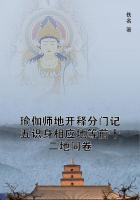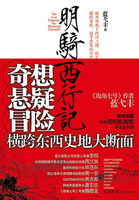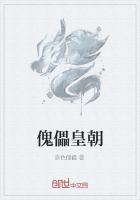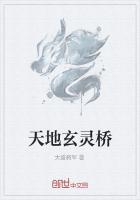Even if it be admitted that the Commune may effectually prevent the formation of an agricultural Proletariat, the question is thereby only half answered. Russia aspires to become a great industrial and commercial country, and accordingly her town population is rapidly augmenting. We have still to consider, then, how the Commune affects the Proletariat of the towns. In Western Europe the great centres of industry have uprooted from the soil and collected in the towns a great part of the rural population. Those who yielded to this attractive influence severed all connection with their native villages, became unfit for field labour, and were transformed into artisans or factory-workers. In Russia this transformation could not easily take place. The peasant might work during the greater part of his life in the towns, but he did not thereby sever his connection with his native village. He remained, whether he desired it or not, a member of the Commune, possessing a share of the Communal land, and liable for a share of the Communal burdens. During his residence in the town his wife and family remained at home, and thither he himself sooner or later returned.
In this way a class of hybrids--half-peasants, half-artisans--has been created, and the formation of a town Proletariat has been greatly retarded.
The existence of this hybrid class is commonly cited as a beneficent result of the Communal institutions. The artisans and factory labourers, it is said, have thus always a home to which they can retire when thrown out of work or overtaken by old age, and their children are brought up in the country, instead of being reared among the debilitating influences of overcrowded cities.
Every common labourer has, in short, by this ingenious contrivance, some small capital and a country residence.
In the present transitional state of Russian society this peculiar arrangement is at once natural and convenient, but amidst its advantages it has many serious defects. The unnatural separation of the artisan from his wife and family leads to very undesirable results, well known to all who are familiar with the details of peasant life in the northern provinces. And whatever its advantages and defects may be, it cannot be permanently retained.
At the present time native industry is still in its infancy.
Protected by the tariff from foreign competition, and too few in number to produce a strong competition among themselves, the existing factories can give to their owners a large revenue without any strenuous exertion. Manufacturers can therefore allow themselves many little liberties, which would be quite inadmissible if the price of manufactured goods were lowered by brisk competition. Ask a Lancashire manufacturer if he could allow a large portion of his workers to go yearly to Cornwall or Caithness to mow a field of hay or reap a few acres of wheat or oats! And if Russia is to make great industrial progress, the manufacturers of Moscow, Lodz, Ivanovo, and Shui will some day be as hard pressed as are those of Bradford and Manchester. The invariable tendency of modern industry, and the secret of its progress, is the ever-
increasing division of labour; and how can this principle be applied if the artisans insist on remaining agriculturists?
The interests of agriculture, too, are opposed to the old system.
Agriculture cannot be expected to make progress, or even to be tolerably productive, if it is left in great measure to women and children. At present it is not desirable that the link which binds the factory-worker or artisan with the village should be at once severed, for in the neighbourhood of the large factories there is often no proper accommodation for the families of the workers, and agriculture, as at present practised, can be carried on successfully though the Head of the Household happens to be absent.
But the system must be regarded as simply temporary, and the disruption of large families--a phenomenon of which I have already spoken--renders its application more and more difficult.















